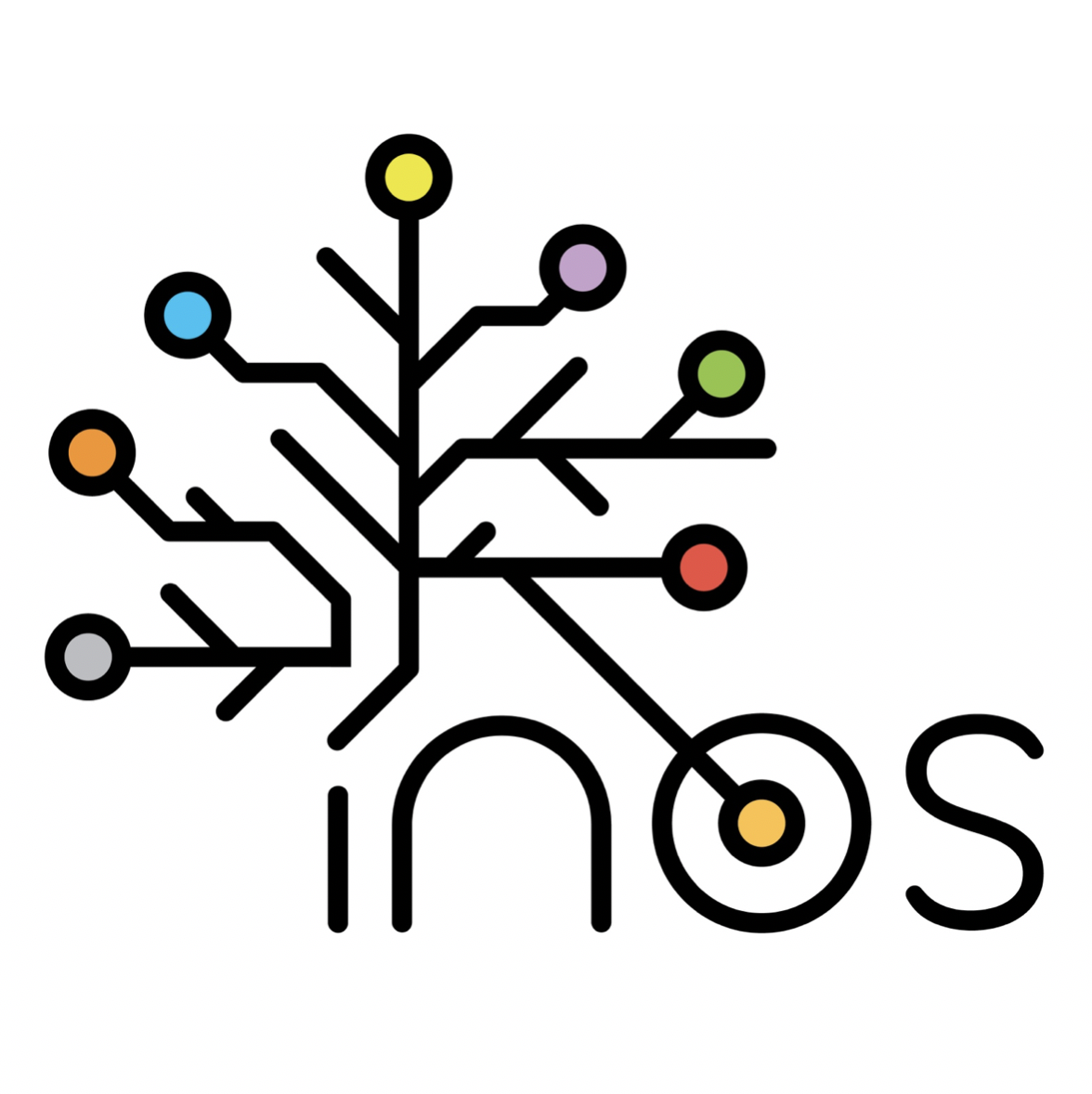
INOS
Integrating open and citizen science into active learning approaches in higher education
Project Description
Open Science (OS) and one of its components, citizen science (CS) are not new in the European Union although their growth is exponential: over the last decade, OS has rapidly become a catalyst in shaping research and society in the EU and an increasing number of CS initiatives engage citizens in digitized projects for a social purpose in an open framework of collaboration. The INOS project (Integrating open and citizen science into active learning approaches in higher education) stimulates Open Science, aiming at “transforming science through ICT tools, networks and media, to make research more open, global, collaborative, creative and closer to society” (DG Connect)
Among the several understandings of OS (cf. Open Science Monitor http://tiny.cc/OSMonitor), we aim at open knowledge (OK) and open innovation (OI) as two sides of the OS coin, to achieve more focused, evidence-based results.
OS brings new opportunities to the HE sector, as it urges HEIs to reconsider their societal role. However, HEIs are not always ready to cater to the increasing demands for more public engagement with science and technology, openness and active citizenship. On the other hand, CS initiatives are not always grounded on well tested pedagogical models facilitating an active learning and participation process of technology mediated social participation in the open. Finally, despite the recent interest in OS and CS, mainstreaming in HE curricula, change in HE skills and in HE teaching practice is scarce.
INOS tackles these issues and connects 3 features that have yet to be associated: a) open and citizen science together, b) active learning approaches and c) mainstreaming in HE interdisciplinary practice and curricula.
Objectives
INOS has 6 objectives, each one addressed by an Output (O).
The 1st objective of INOS is to generate an evidence-based overview of trends in OS (and CS) public activities and question the role that HEIs assume (or do not assume), as a means of better situating HEIs within the knowledge base of science with and for society (O1).
The 2nd objective is to solidify OS (and CS) practice through solid pedagogical grounding from well-tested active learning pedagogies. A learning design framework will be created to benefit future OS (and CS) activities (O2).
The 3rd objective invites citizens at partner HEIs to join CS projects in the form of Open Knowledge Activities (OKAs) in a collaborative effort together with HE staff and students. Best practice guidelines, a collection of use cases and a guide on how to run OKAs will be released for maximum impact at local, national and international level. 12 OKAs in 6 countries will take place with around 420 participants Planned OKAs: Datathon, service jam, Dotmocracy workshop, Knowledge café, Sensor-based CS problem-solving, etc.(O3).
The 4th objective is interdisciplinarity. Partner HEIs will organise 4 short (1-2 day) and 4 long (4-6 month) Open Innovation Activities (OIAs) bringing together HE staff and students in collaborative and interdisciplinary projects. Implementation guidelines, use cases and a guide on how to run OIAs will be produced. The 8 OIAs will bring together around 400 participants, among them at least 270 students from different disciplines. Planned OIAs: hackathon, fablab, gamelab, Innovation sprint, FutureFactory, etc.(O4).
The 5th objective is to upskill HE staff (academic and library) and students through the exposure to contemporary trends in public engagement (such as OS and CS). It also aims to modernise HE curricula by integrating OS and CS practices and then mainstreaming them in HE teaching practice. At least 15 learning and training resources in total (in curricula of at least 3 HE courses per HEI), will be upgraded (O5).
The 6th objective is policy change. INOS will trigger policy change by raising awareness on societal impact from OS (and CS) inside and outside HEIs. Two vision-building workshops with 30 participants each, and a LIBER pre-conference workshop with 30 attendants will be organised. A Roadmap for capacity building on OS/CS for research libraries, a Report on Stakeholders’ Consultation and Vision & Policy recommendations will be released openly (O6).
In addition, 3 multiplier events in Copenhagen (40 participants), Bordeaux (50) and The Hague (65) will be held to promote INOS results and ensure transferability.
Target group
INOS addresses a wide spectrum of stakeholders: HEI management, academic and library staff, students, policy makers, funding bodies, business stakeholders, European and international networks for training and skills related to OS and CS.
Partnership
The consortium is composed of partners with complementary profiles: 4 HEIs (AAU, TU, UO, UBx), 1 SME (W2L) and the Association of European Research Libraries (LIBER). The partnership is well balanced geographically DK, FI, EE, FR, GR and LIBER which, while located in NL, has a pan-European reach.
